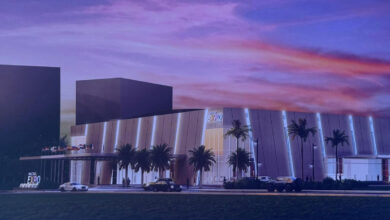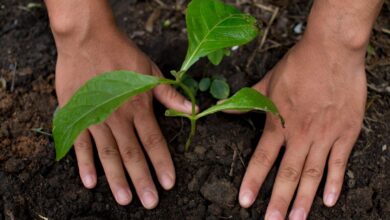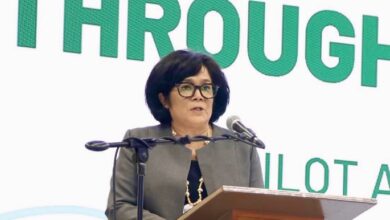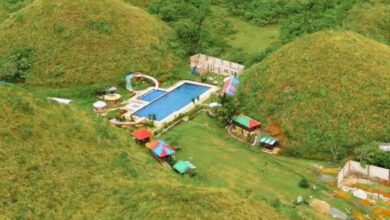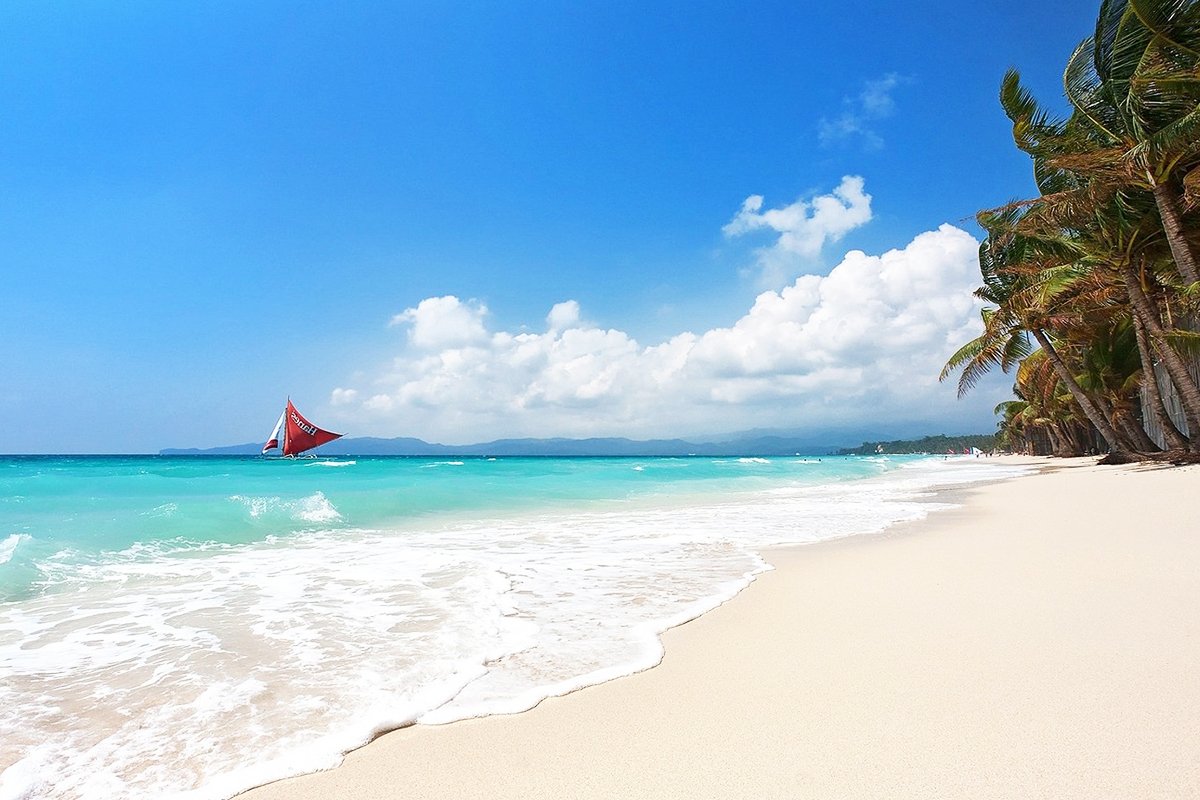
Rehabilitated Boracay to Open on October 26
The much awaited reopening of Boracay island to the public after six months of rehabilitation is finally happening on October 26. Most people are already excited to welcome a “Better Boracay” and experience once again its pristine beauty. For some, however, the reopening of the island means they can get back to their previous jobs.
The island and its people
Receptionists like Cheryl Bonifacio of Casa Pilar Beach Resort can return to her previous work once the establishment’s normal operations resume. During Boracay’s closure, she and the other workers have had to work on rotations to remain employed, which means working for a couple of months and then resting for the next two.
Casa Pilar Beach Resort was one of few resorts that were permitted to remain open despite the island’s closure. The authorities found the resort compliant of all the requirements imposed by both the local government and the national government agencies even before Boracay’s closure.
A “No Compliance, No Opening” policy was set by the Boracay Inter-Agency Task Force. Casa Pilar is one of the 25 accommodation establishments that was given permits and clearances from the Department of Tourism (DOT), Department of Interior and Local Government (DILG), and Department of Environment and Natural Resources (DENR).
Jessamay Paredes, an employee of La Carmela Resort under the Human Resource Department, is also looking forward to the reopening of Boracay. While the island was closed, La Carmela opted to undergo rehabilitation as well. It is not yet in the initial list of compliant establishments.
Excitement is what the Station Manager of Yes FM Boracay Alan Palma Sr. feels as well.
“The six months closure is so long – people had no income, there were no tourists, residents were inactive and all around us are scenes of rehabilitation and demolition,” he said.
Palma is also hopeful that Boracay’s closure taught the people a valuable lesson. He said that there should be a change within. That people should have learned not just to think of income and other short-term benefits, but also consider a sustainable source of livelihood from a sustainable industry.
“We in Boracay are excited to savor the recovery of the island – we want to regain what was lost,” Palma said.
Employees and workers of establishments in Boracay are not the only ones that would benefit in the reopening of the island. Vendors or sellers like Jucel Francisco would, too.
Francisco used to sell seafood produced and caught by Aklanon fishermen in his stall at the Boracay talipapa. When Boracay closed, he had to look for other means of supporting his young family.
Fortunately, the Office of the Provincial Agriculturist (OPA) has a daily marketing activity where small entrepreneurs can sell their products at the Provincial Capitol Compound. This activity was partly intended for displaced Boracay vendors. Francisco was able to take advantage of this opportunity by selling cooked food at a space provided by the OPA.
He, as well as other affected residents and workers in Boracay, also got to qualify for the Sustainable Livelihood Program (SLP) grant from the Department of Social Welfare and Development (DSWD).
Clean slate
Starting September 1, the local government unit of Malay where Boracay belongs will ban the use of plastics through Municipal Ordinance No. 386, series of 2018. Establishments will also be required to provide alternative environment-friendly items such as liquid body soaps and shampoo dispensers.
The municipal order, authored by Sangguniang Bayan member Nenette Aguirre-Graf, complements Municipal Ordinance No. 320, series of 2012, which prohibits the use of plastic bags on dry goods and regulates its use on wet goods. It also prohibits the use of styrofoam/styropor.
Aside from the ban of using plastic in the island, smoking and drinking in public areas especially the White Beach won’t be allowed anymore. Parties like “Laboracay” are also now banned since the rehabilitated island can no longer accommodate a huge number of tourists.
Presently, wetlands are being rehabilitated and cleaned by the DENR through the assistance of Cash For Work (CFW) beneficiaries of the DSWD and the Department of Labor and Employment’s (DOLE) Tulong Para Sa Ating Disadvantaged (TUPAD) workers.
via Philippine Information Agency / Venus G. Villanueva

